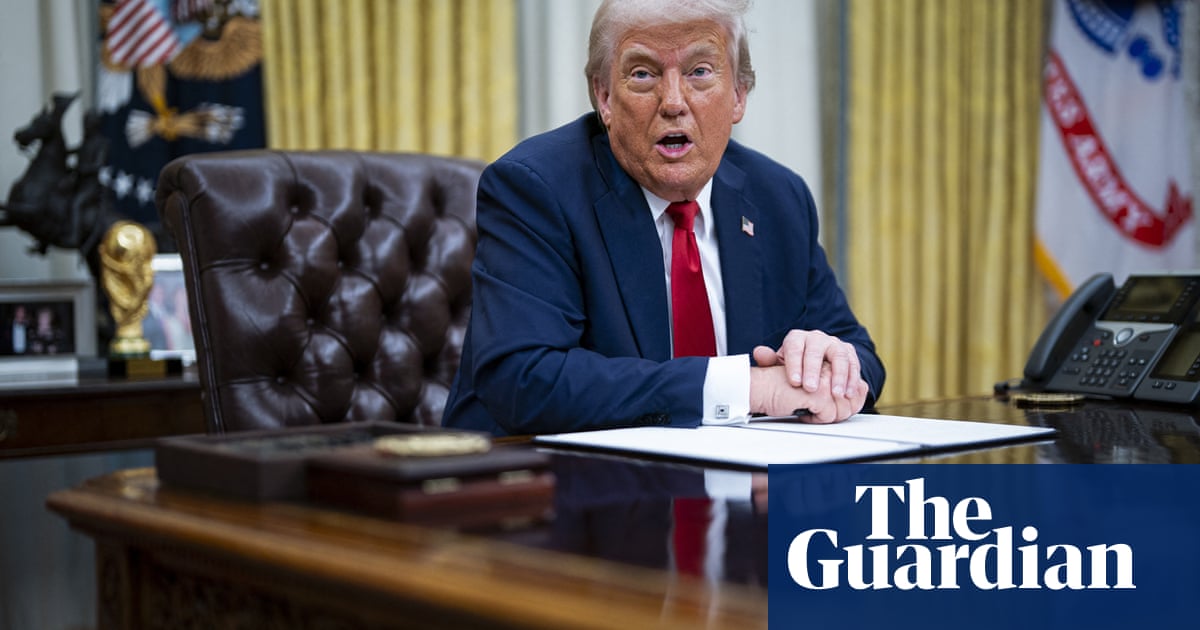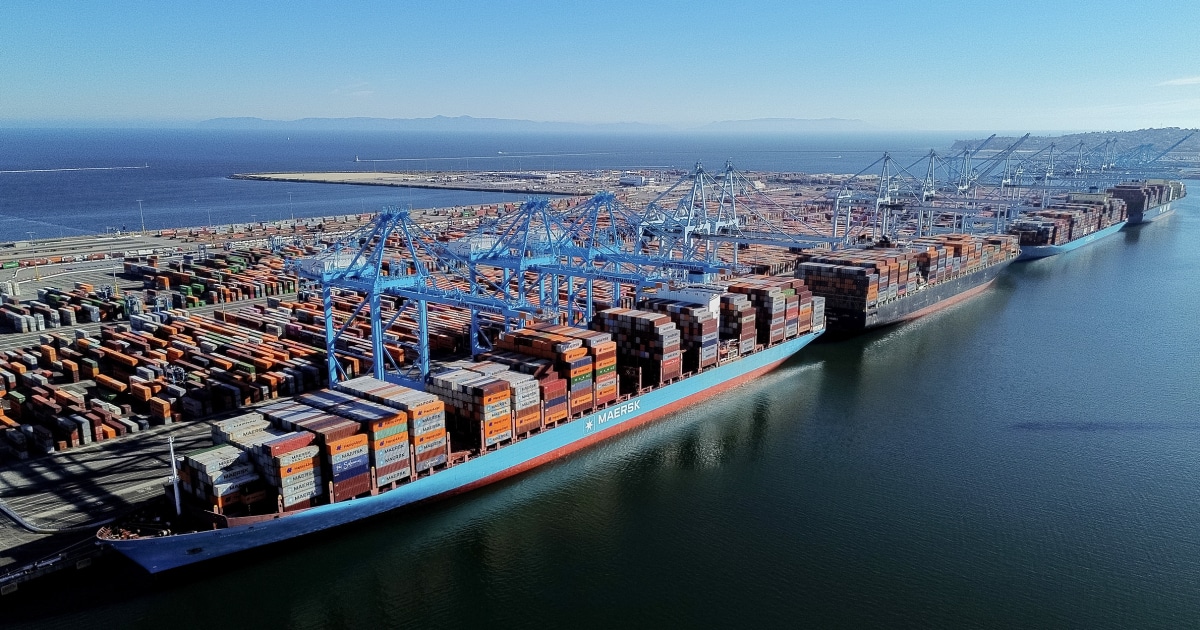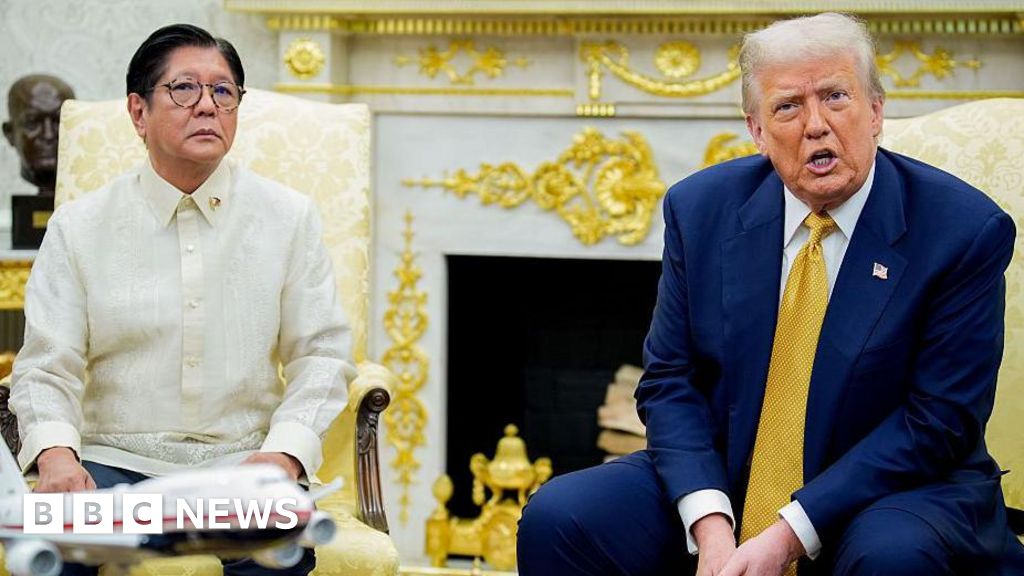T4K3.news
Trump announces new tariffs on global trading partners
Dozens of countries face steep tariffs as Trump reshapes U.S. trade policy.

The latest tariff announcements signal a significant shift in U.S. trade policy under Trump.
Donald Trump implements new tariffs affecting global trade
Donald Trump has initiated a new wave of tariffs impacting numerous U.S. trading partners, including Taiwan and Canada. These tariffs were outlined in an executive order aimed at addressing America's trade deficit and protecting national interests. Taiwan, a key semiconductor exporter, faces new levies, while Canada now has tariffs as high as 35 percent. The measures are part of Trump's broader effort to restructure the nation’s trade policy, which he argues is necessary for national security. Some countries, including the UK and Japan, managed to secure trade deals to mitigate impacts, yet critics question the effectiveness and details of these agreements. Despite apprehensions, global markets showed limited immediate reaction, as they had anticipated these actions. The administration views these tariffs as a step towards a more balanced trade environment, moving away from a previously efficiency-focused system.
Key Takeaways
"This is a new system of trade."
A senior administration official described the shift in trade policy.
"We’re moving to a system where the core principle is fair and balanced trade."
The administration mentions a shift in trade philosophy.
"We need to protect our economic interests while achieving market liberalisation abroad."
The administration emphasizes the dual goals of their trade approach.
"Canada will continue to seek a resolution despite the tariffs."
Canada's government remains committed to negotiating despite the hardships.
Trump’s new tariffs highlight a growing trend toward protectionism in global trade. By imposing steep tariffs, he aims to bolster domestic industries while asserting the need for fairer trade practices. This shift raises concerns among international allies who fear retaliation and further economic strain. There is a significant public reaction in countries affected by the tariffs, especially in the context of established trade relationships. As global economic dynamics evolve, Trump’s approach may redefine longstanding agreements and prompt other nations to reassess their trade strategies. Maintaining economic stability relies heavily on finding a balance between protectionism and cooperative trade agreements, an area where the administration faces mounting challenges.
Highlights
- New tariffs signal a shift towards protectionism in U.S. trade policy.
- Investors remain seemingly unfazed by the latest tariff moves.
- Trade partners scramble to negotiate and avoid further tariffs.
- Canada's Prime Minister expresses disappointment over the new duties.
Concerns about political and economic backlash
The new tariff regime is likely to provoke strong reactions from trading partners, especially Canada. There is potential for escalating tension and retaliation, impacting both domestic and global markets.
The unfolding consequences of these tariffs may reshape international trade strategies significantly.
Enjoyed this? Let your friends know!
Related News

Trump announces new tariffs
Countries react to Trump's new tariffs

Trump announces new sweeping tariffs
Trump's new tariffs lead to mixed global reactions

Trump sets new global tariff rates

Trump announces sweeping tariffs on trading partners

Trump claims victory with new tariffs and trade deals

New 19% tariff announced on Philippines goods
